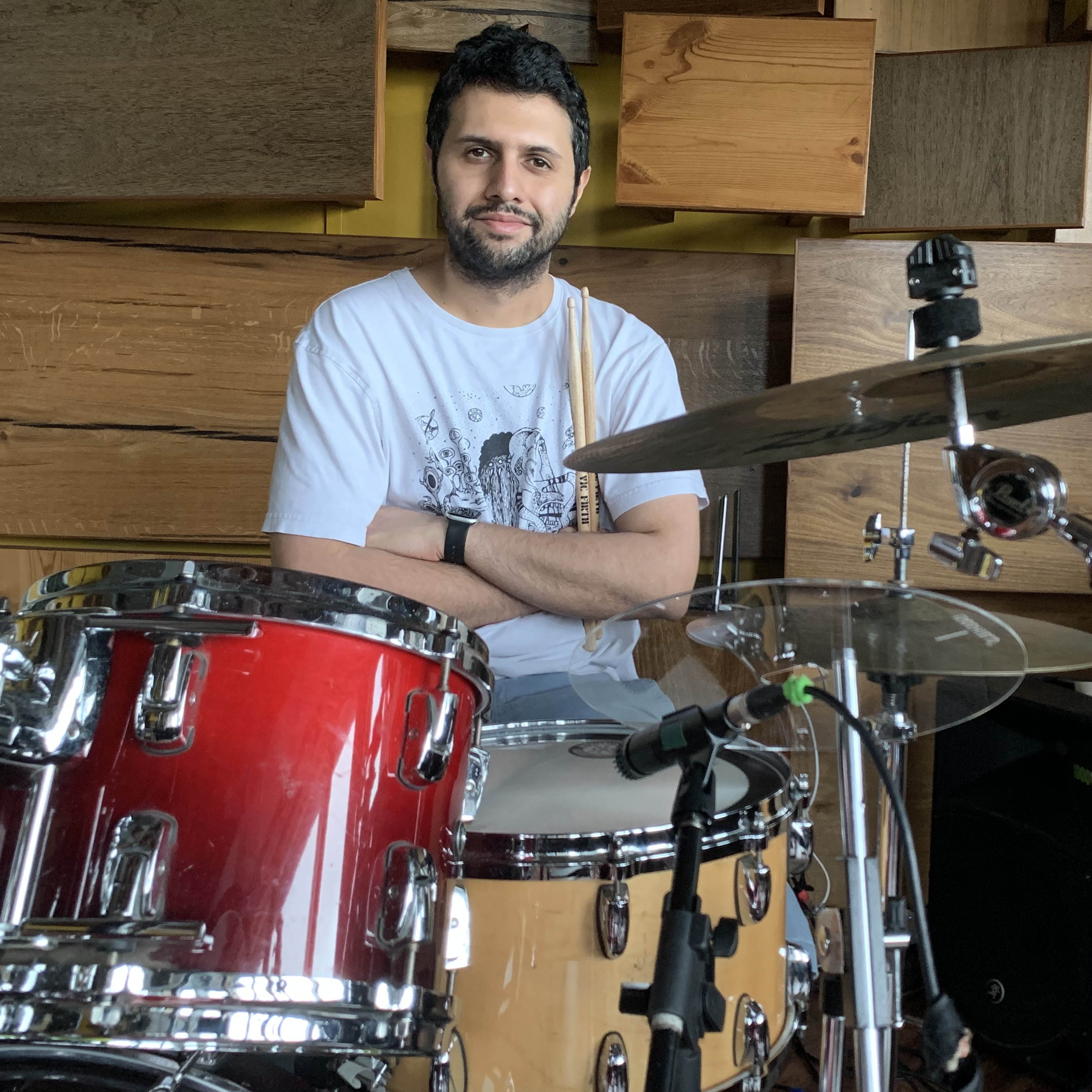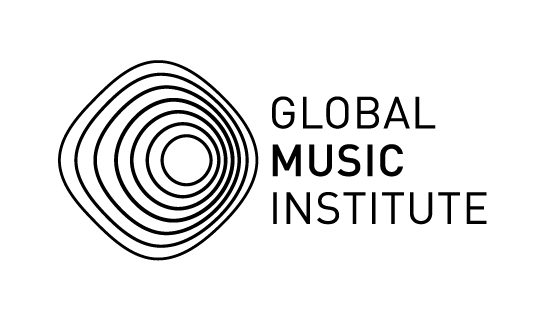
24 Feb In Conversation with Jehangir Jehangir aka JJ (Island City Studios)
The ‘In Conversation with’ series brings to you the stories of musicians and their journeys. Music is an equaliser, and has the unique ability to traverse cultural, and linguistic boundaries to connect us through harmonies, rhythms, and melodies. Today’s conversation features the story of Island City Studios founder, Jehangir Jehangir aka JJ.
Jehangir Jehangir aka JJ is the founder of ‘Island City Studios’- a premium audio recording facility in India.An engineer, producer and a drummer – his commendable task-switching abilities is reflected in how easily he indulges in an insightful conversation with me while he driving to the studio on a Wednesday afternoon.
Based in Khar West, Mumbai, his brainchild, Island City Studios, is easy to find, a welcoming creative hub, and the place behind many top notch sonic offerings coming out the country.
Here’s a condensed excerpt of our conversation.
How did it all begin for you? What was your early introduction to music?
JJ : Well my subconscious introduction to music probably happened at a very young age with me primarily drumming on a sofa with plastic swords I used as a toy, accompanying my uncle who was a big Dylan and Beatles fan so evenings were spent jamming while he sang and played the guitar. Soon enough I was given a snare drum and I only played it for a few days…I was 8, so things didn’t go any further than that.. When I was about 15-16 at my school’s fun fair, I saw the early line up of the band ‘Something Relevant’ perform, and that was my moment of realization- a fascination ran through my mind and I knew that I wanted to do this. I met a bunch of talented people through college, jammed with them and also had a fantastic private instructor who taught me at home. He had a great method and that helped me sculpt my initial learnings. His fine way of incorporating enjoyment and discipline to teach music helped me a lot
Before we delve into all the studio stuff, you’ve also played the drums for many indie acts, how did that come along for you and are there any fond memories you have as a drummer?
JJ: I have got many interesting memories! The first band I played with was called ‘Zephar’ and we actually won the first ever Launch Pad by Channel V (2005). It was probably one of the biggest crowds I’ve played to- about twenty thousand people. It definitely felt like there was some sense of success in that considering I was 17 and it made me feel confident about the future. ‘Zephar’ unfortunately didn’t go much further but my sense of professional approach towards music lifted and that’s when I started playing with ‘Something Relevant.’ That was a very big learning experience with a lot of hustle throughout. We organized auditorium gigs and were extremely entrepreneurial with our approach to setting up ourselves in the music landscape. We toured internationally, played at the Edinburgh Fringe Festival and collectively went to Swarnabhoomi Academy of Music (SAM) later. Going to SAM was our upgrade plan for what was next for us as musicians.
I remember meeting you at Cotton Press Studios (CPS) many years ago, and back then, it definitely already felt like a premium recording facility…before we move on to ICS, how was the initial journey setting up CPS and what were early days of audio engineering like?
JJ: Right after our time at SAM where we met Rohan Ramanna we moved back to Bombay and needed a space where we could work, record as a band and even do commercial projects-basically be a lot more meticulous with music and plans. We decided to jump right into the deep end, with no compromises whatsoever and ended up setting up the huge space we all called Cotton Press Studios. The place was set up but my expertise was not so we were primarily dependent on Rohan and Tanmay to use their technical proficiencies to run the press while all the others, including me, learned by observing. That was my school for audio engineering. I learned a great deal there and it was very hands-on. We made lots of mistakes, turning knobs and being thrown into sessions where I was nothing but lost and had to figure my way through. I had to teach myself how to be prepped before a session and would often YouTube stuff before getting into a recording- sometimes even basic things like ‘how to set up a vocal mic to get the best sound.’
Moving to Island City Studios, I’m sure you’re proud to call it your baby…was it easy setting up a space this big?
JJ: I’m extremely proud! Island City took about a year to come up. Cotton Press was great, but Island City had to be a game changer. The vision with ICS was big, well defined, a state of the art facility with a well laid out plan. It had to be beyond just the music facilities and also cater to a clientele that wanted more out of an audio-recording service experience. Location was pertinent, Khar is a central spot and we really wanted to set up shop in the market as opposed to the market coming to us. This was a major level up for us. We had many problems as we went along building the space…everything from the material not arriving on time to the measurements not being matched to the blueprints. We even needed permissions since a lot of civil work was involved. What started in August 2017 only got wrapped up in July 2018 and what we had in the end was a studio ready to record. If someone had recorded at CPS, they really knew the top quality and vibe we were known for, so to translate that seamlessly into the functioning of ICS was extremely important.
You all work as a collective at the studio, how does that work?
JJ: Yes we’re called the ‘Salvage Audio Collective’ and it’s different than having a band per say. We really do leave the egos outside the door before entering the room to commence a new project. While bands have egos, we have a director. We’re bound to listen to the project director and only move into something with a plan. Best part is that all members of Salvage have played in bands so we’re all aware of those ego-situations that come up in collectives and our experience of that has taught us exactly what not to do in this collective.
What are you views on the importance of music education and its relevance?
JJ: I personally believe formal education is key. It doesn’t have to be in the form of a degree or diploma in its entirety but at least some form of disciplined learning is crucial. It’s really about spending time practicing, honing the craft and immersing yourself in a learning environment that directly affects your approach to a subject. Music educators truly help to set up a solid foundation and it might not be as long as 3-4 years of study but any sort of structured learning helps. Even now, I would love to take some time off and spend time studying film composition because I know it would help me deliver my work much faster as opposed to me figuring out things as I go. Dedicated learning in a few months helps so much more because it prepares you for situations you don’t even know you will be getting into and that’s extremely important.
If there is one advice you could give to younger budding musicians/engineers, what would that be?
JJ: Things can be endlessly vast being a musician so focus is very important. Be focused and jump into something with a plan otherwise one might just be jumping from here to there with not much outcome. Definitely be patient. Nothing happens overnight.



No Comments